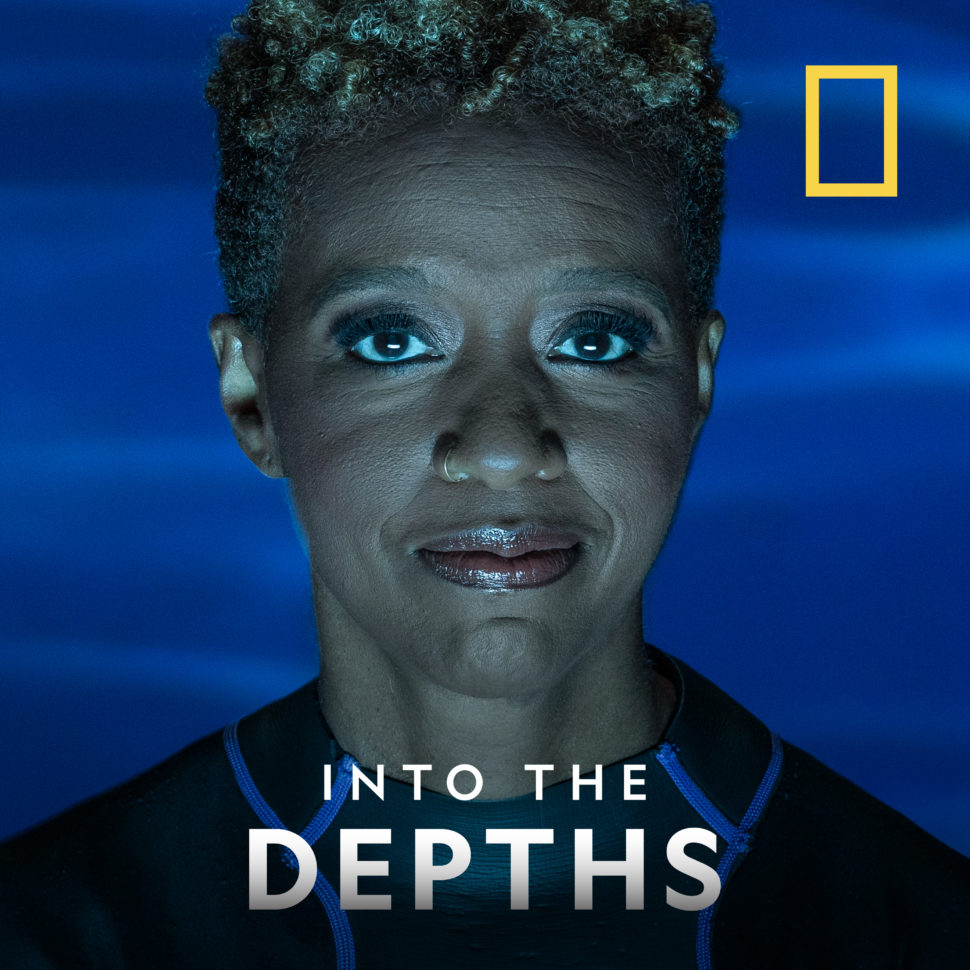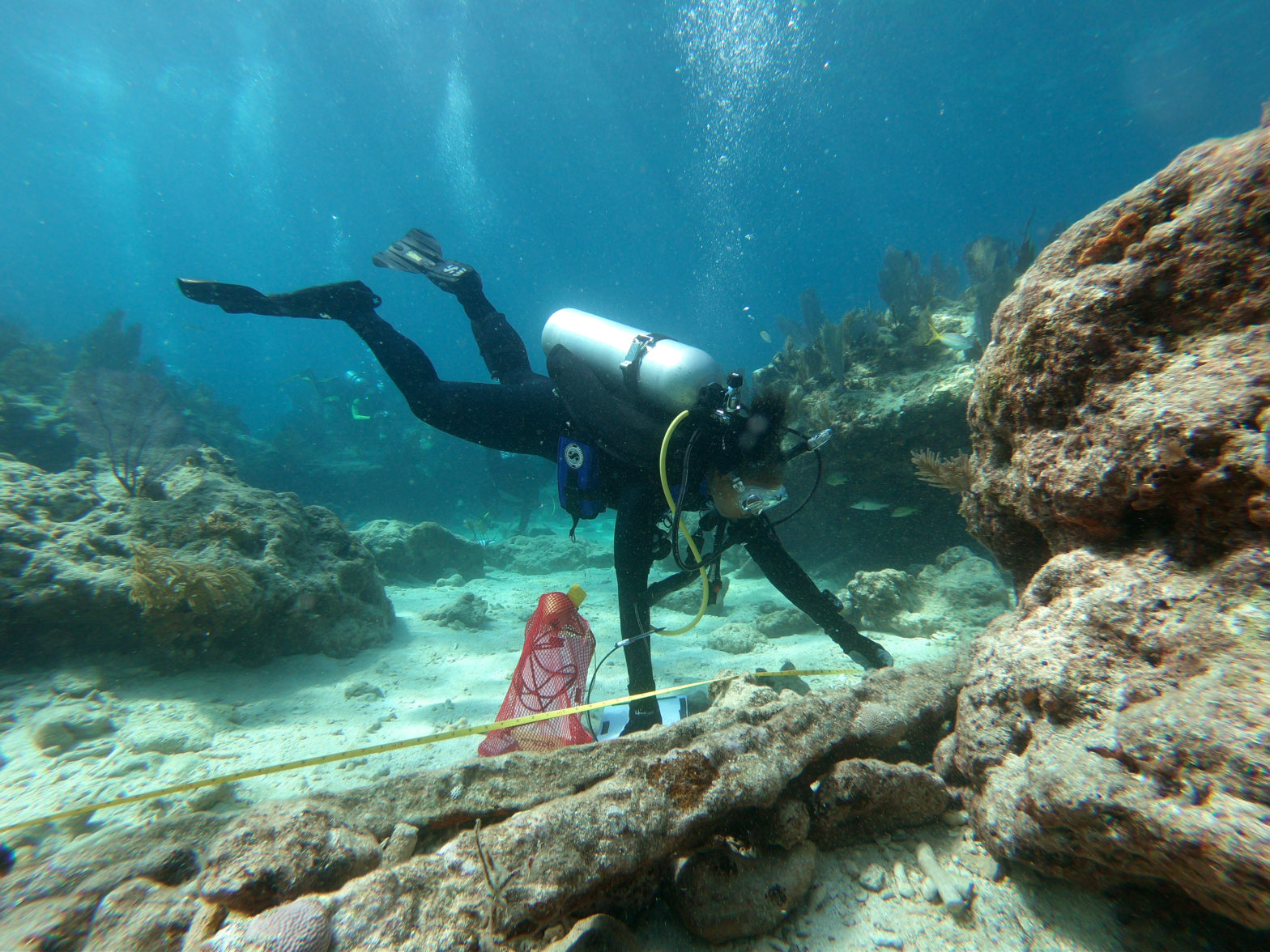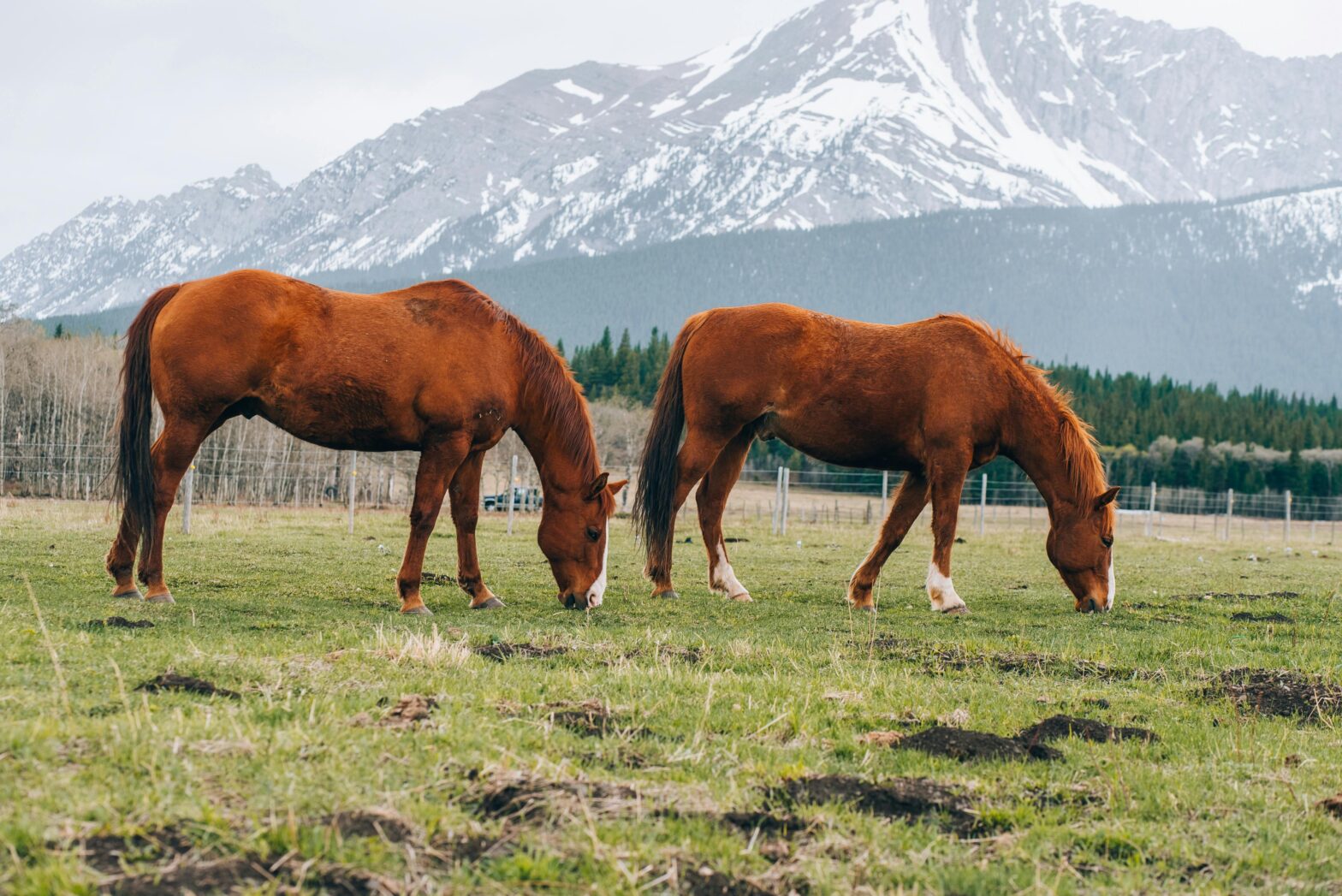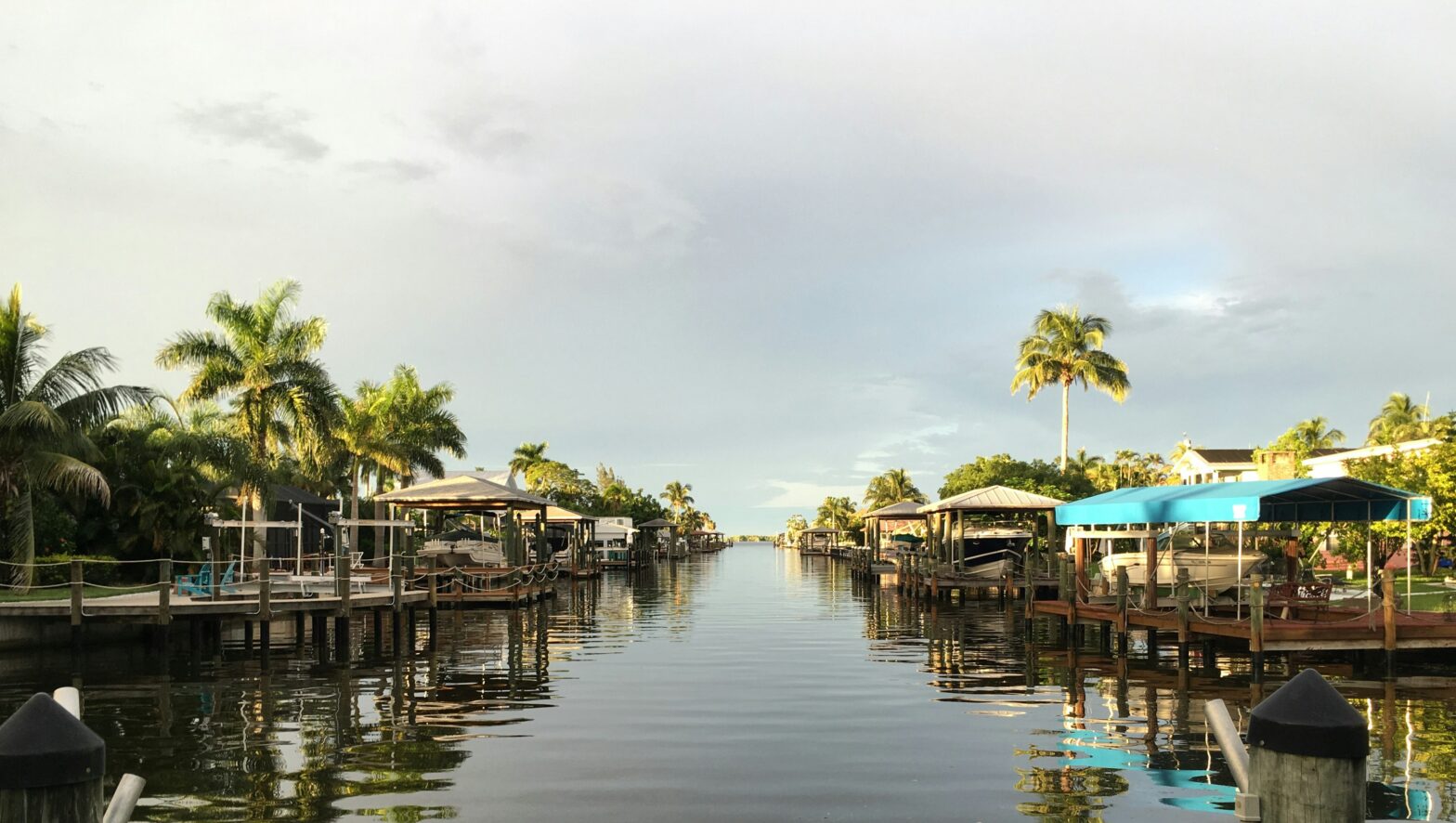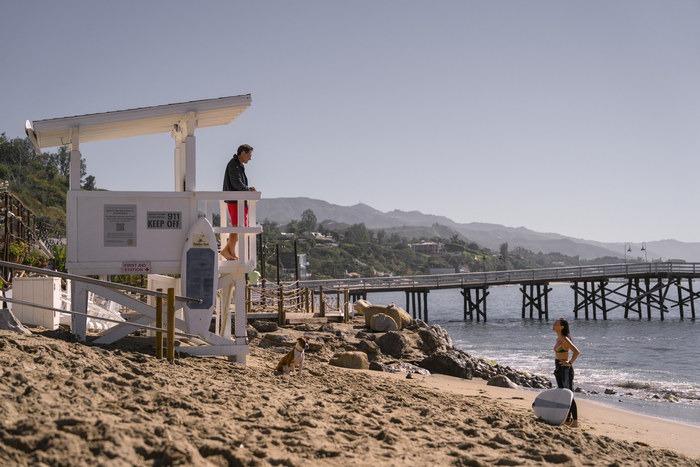Tara Roberts didn’t know at the time that a trip to the National Museum of African American History and Culture would lead her on a journey of self-discovery while searching for the lost slave ships in the Atlantic Ocean.
“I was on the second floor and I remember there was a picture of a group of Black women, primarily in bedsheets and boats. It was something about that picture that stopped and captured my imagination,” she told Travel Noire in an interview.
That curiosity left the museum with her, and what she found later through research was that a group of Black women were on an adventure of a lifetime through a group called “Diving With A Purpose.” The group, made of up people from all races and backgrounds, had made it their mission to search and document the slave ships that were wrecked and lost at sea.
But the group’s work is not just about diving deep to find what’s left of the ships. It’s also about revealing the true history of these slave ships and humanizing the people once onboard.
And for Roberts, who is currently an explorer with National Geographic, she wanted to be a part of it.
“They are doing important work of bringing up our history from the depths, and learning the statistics just blew me away. It made me realize just how much of our history is missing,” says Roberts.
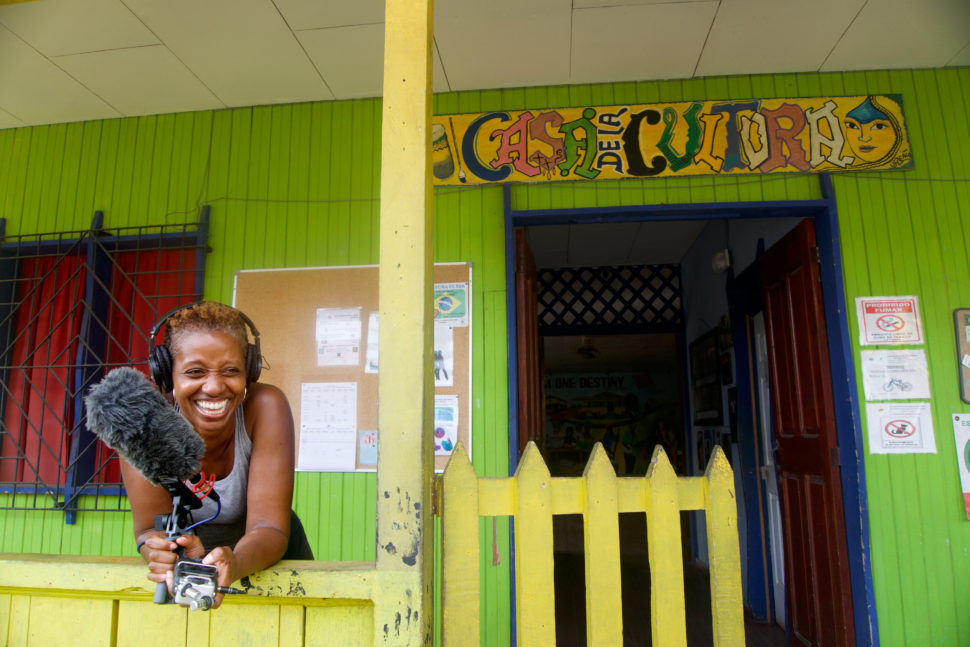
She found on her journey that 12,000 ships brought approximately 12. 5 million Africans to the Americas during the Middle Passage. Diving With A Purpose estimates as many as 1,000 of those slave ships wrecked, killing an estimated 1.8 million people. Throughout history, however, less than 10 of their ships have been found and properly documented because it’s a strenuous process to find these ships.
“There’s a way that when we talk about the Middle Passage and the Transatlantic Slave Trade, we often talk about it in really broad strokes,” Roberts says. “We’re not giving attention and focus to the specificity of what happened, and that’s what these divers are doing. They’re saying the stories of those people who were lost in the crossing … their names and stories matter.”
Diving With A Purpose has been doing this important work for more than 20 years. It’s a difficult process, both physically and mentally, which Roberts highlights in her new podcast “Into the Depths.”
She takes listeners on a personal journey of following Black divers to the African continent, Caribbean, Central America, and more. There will be heartbreaks and triumphs through the six-part series. Roberts admits the podcast gets deep, but turns what she thought would be a challenge as she faced this emotional history into healing and closure.
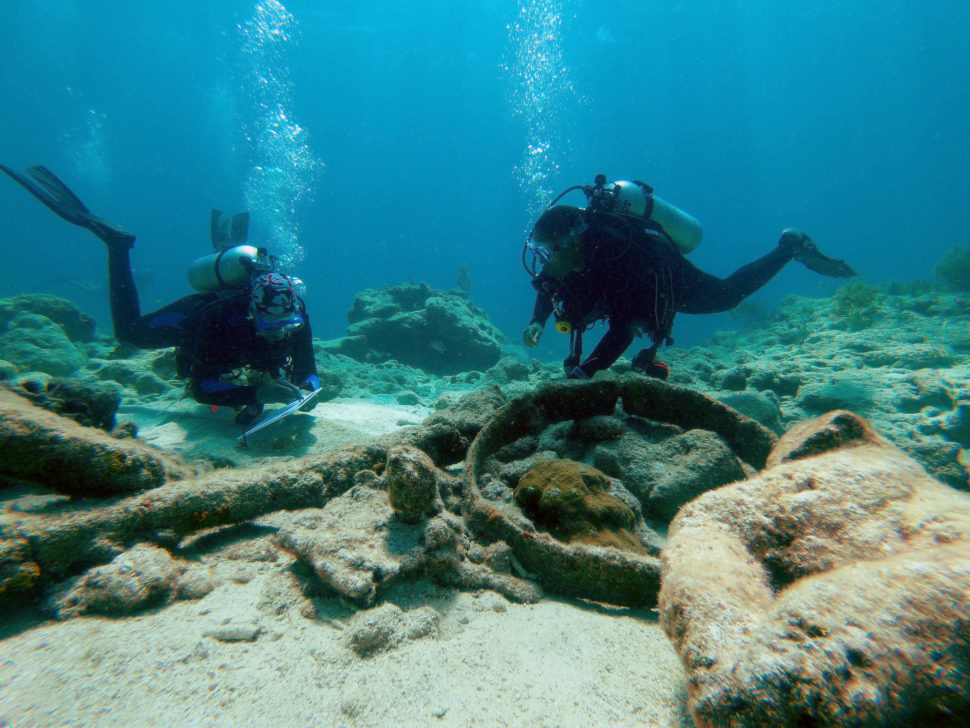
One of the many memorable moments listeners will hear in the podcast is about a ship found off the coast of Cape Town, South Africa. The team discovered the ship originated in Mozambique, full of the Makua ethnic group, who were captured and placed on the ship.
“There were over 500 people on the ship when it wrecked, and at least half of them died,” said Roberts. “They died in cold, turbulent waters in the dead of night. I sat at that wreck site and even in broad daylight, I remember the sea churning and water was spraying everywhere. I was there during the summer months, and it was freezing cold, so I could only imagine what that was like for our ancestors.”
The team of scuba divers, historians, and archaeologists were able to analyze what happened at this particular site, the details surrounding the wreck, as well as the details of the people onboard.
Afterward, they headed back to Mozambique to deliver the news of what happened to their people.
“The Makua decided to have a celebration filled with music and dancing because they finally knew what happened to their ancestors,” says Roberts.
Following the celebration, the Makua chief gave the team a sacred vessel made with cowrie shells. He filled the vessel up with soil from Mozambique and then charged the team with going back to South Africa and distributing the soil across the wreck site. He symbolically chose an African American, a person from Mozambique, and a person from South Africa to complete this task, stating it would be the first time their ancestors got a chance to touch home.
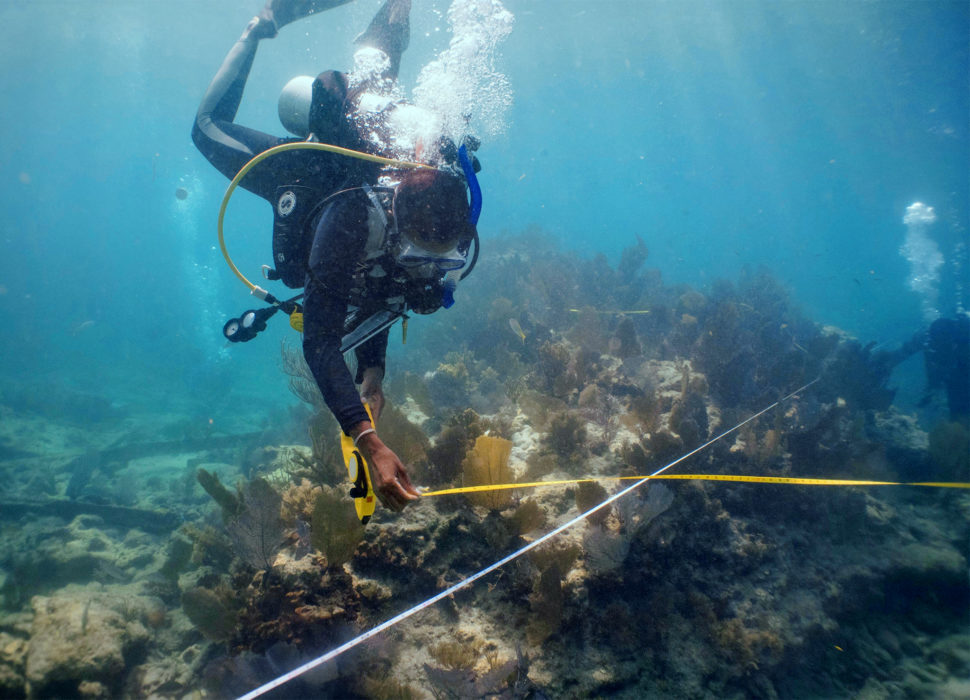
The team did exactly what he asked.
“They say the day it happened, the sea was nasty and dangerous. It was a wet, cold, and rainy day. When they went out there, they had to hold on to each other to not be swept away,” Roberts recalled of the story. “But multiple people said when they distributed the soil, it was like the ancestors heard because the sea calmed and the sun came out. I just know at that moment, healing happened.”
And that’s what her podcast is all about.
“We try to investigate three main questions. One question is why does this history matter? The second question is does it matter who finds and tell this history? The third question was really a personal one for me. It was, ‘can this search and discovery of this history help me, as a Black American woman, feel a sense of belonging and home in this world?’”
The answers to these questions will be available on her podcast, which you can find here beginning Feb. 7.
